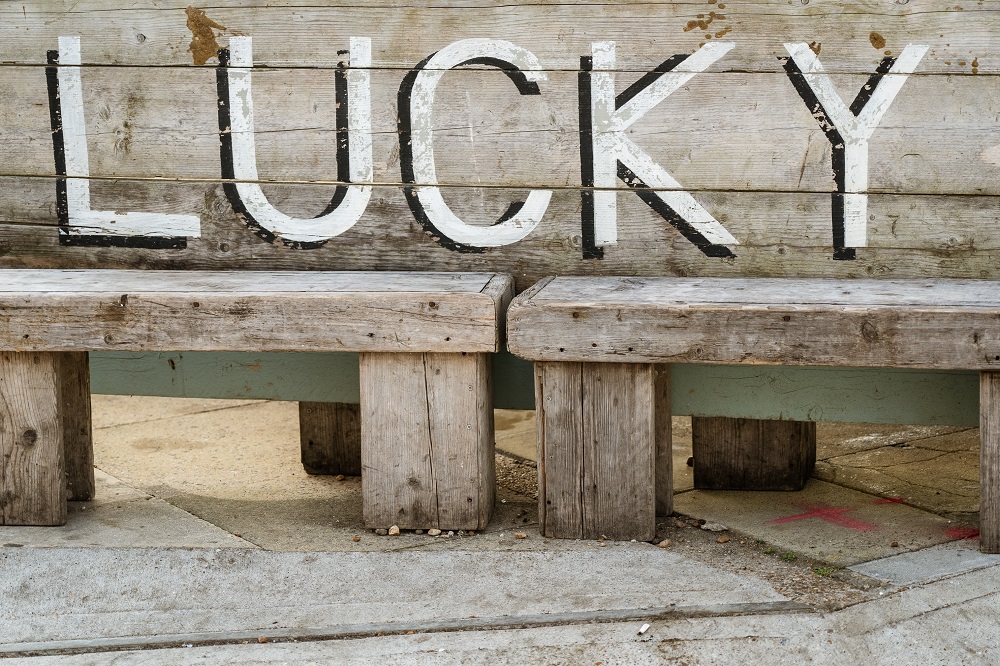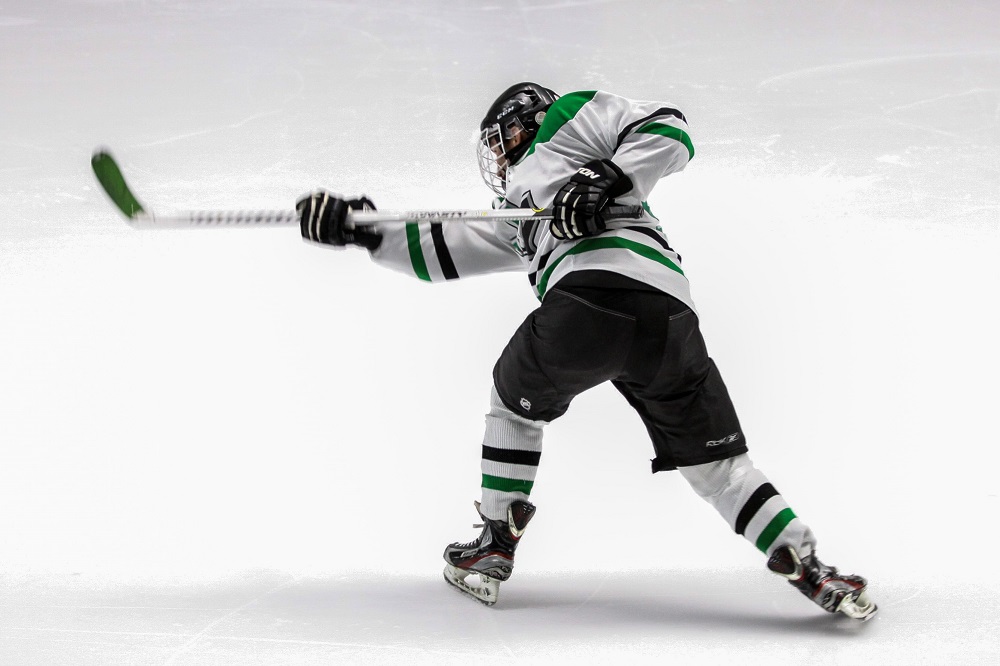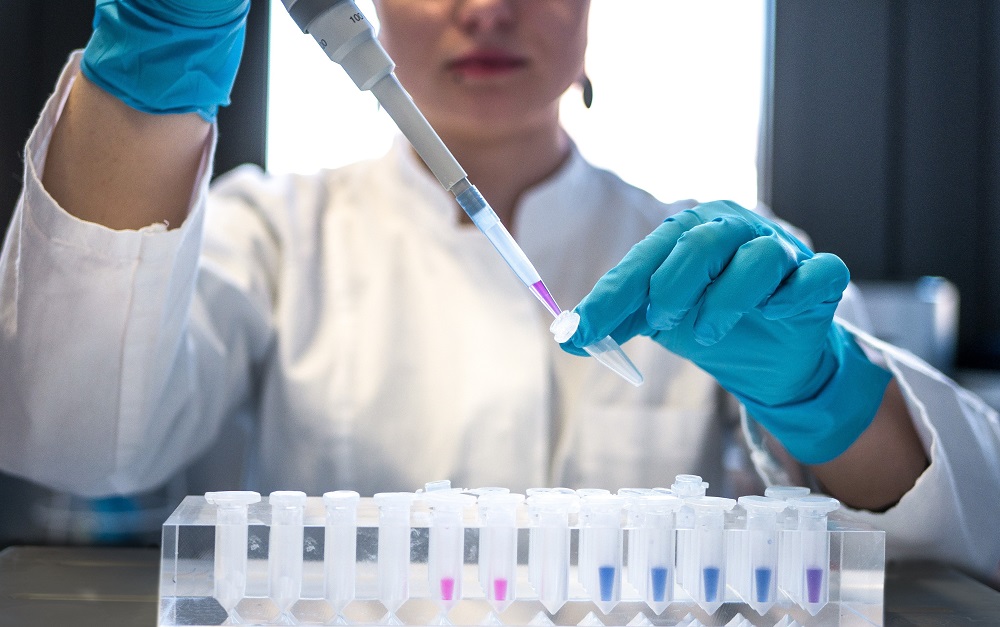In my last two blogs: The Luck Paradox and Maximising our Return on Luck (ROL), I have looked closely at the concept of luck. To do this, I mentioned several historic examples from the world of professional sports and the recent COVID-19 pandemic. The conclusions that I reached have been 3-fold:
- Embrace the Luck Paradox. In other words, believing that you are in charge of your destiny and success is down to your talent and hard work. But also knowing that this is not true for you or anybody else.
- Ensure that you apply a rigorous definition of luck.
- Know that your actions ultimately determine your Return on Luck (ROL). Focusing on this can greatly increase the chances of getting a good outcome, regardless of the type of luck event.
In this blog, I will take a closer look at examples I have already touched upon in the last two articles.
The insights are:
- Events and their associated luck can and inevitably do change over time. This outcome will depend on your perspective.
- Individual actions can lead to big changes. In all events, our collective actions add up. Change can really happen. We all have a role to play and gifts to give to achieve this.

Take the NHL Hockey League.
Derek Muller’s YouTube video exploring whether success is down to luck or hard work, he neatly describes how the birth dates of National Hockey League are heavily skewed towards those born at the start of the year.
Therefore, to make it as a player in this league you need a combination of skill, talent, hard-work, supportive parents and the right birth date. He concludes that the luck component, in this case, comes from being born in the first part of the year. This makes those players initially a bit bigger and faster than those born later in the year. This advantage should shrink to nothing overtime, however, it may not because those players who show the most promise, at an early age, will be given more time on the ice, better coaching, gaining more chance to improve your skills. These advantages compound year after year.
However, Collins and Hansen describe in their book, Great by Choice, unearthed a different picture, when they looked at the data. As they explain, if you look at the spread of NHL Hall-of-Famers, i.e. the hockey players who ultimately go onto the have the most successful, glittering careers in the NHL, there is a 50-50 split between players born in the first half of the year and those born in the second half of the year.

As Collins and Hansen go on to explain, given that there is a greater proportion of NHL players, who are born within the first half of the year, it stands to reason that if you have a birthday in the latter half of the year, statistically speaking you less likely to make it as an NHL player. However, if you do make it, despite this disadvantage. You are more likely to go on to become an NHL Hall-of-Famer.
Turning this disadvantage into an advantage
Collins and Hansen further suggest that perhaps the birthdate disadvantage, works the other way too. NHL players with a birthdate in the second half of the year have to work harder, in order to overcome this disadvantage.

Therefore, as they mature and this size/maturity advantage cancels out, they develop into a better player. Far from being a disadvantage, being an NHL player and having a birthdate in the second half of the year, might actually be the differential that turns a good NHL player, into a great NHL player. So, is birthdate a luck factor as an NHL player or not? That would depend on your perspective.
It may initially disadvantage your chances of making it the NHL. However, once you get there, it actually increases the chances of you becoming an NHL Hall-of-Famer. Two very different outcomes. Same luck event. The determining factor likely being how the prospective player responds to these circumstances. Their Return on Luck (ROL). That can only be determined over time, over the whole course of a person’s hockey career.
Consider the recent COVID-19 pandemic as another example.
This has been described as a 1 in 100-year event. However, the Intergovernmental Science-Policy Platform on Biodiversity and Ecosystem Services (IPBES), a highly respected, independent, intergovernmental body, has pointed out that this is actually the 6th global health pandemic since the Great Influenza Pandemic of 1918.
What determines this frequency is down to the way we use land, the expansion and intensification of agriculture, unsustainable trade, production, and consumption which disrupts nature and increases contact between wildlife, livestock, pathogens and people. By this reckoning, using Collins and Hansen’s definition, the COVID-19 Pandemic was not actually a luck event at all. It only really satisfies the second of these tests. Yes, it does have significant consequences. However, pandemics are not entirely independent of the key actors. And the event is more predictable than it might first have appeared. Studying pandemics over time has been able to give us that perspective. What at first may appear a luck event, can actually overtime reveal itself to be more predictable than we first thought.
In my previous blog I also looked at how the COVID-19 pandemic was also the catalyst for development of mRNA, which could potentially be used to significantly reduce the likelihood future global pandemics and be used for a variety of deadly diseases such as multiple sclerosis, herpes, influenza, HIV and even cancer. Perhaps we should be describing this event, not as a luck event but simply as an event with both very bad and (potentially) very good outcomes. This would not have been the way that the COVID-19 pandemic would have been described, when it first emerged. Time has given us that perspective.
The vaccines may be the return-on-luck (ROL) that comes from the Scientists directly involved in this area of research. Just as the gift of knowledge, which can help us improve our foresight might be the ROL that comes from the Scientists working on behalf of the Biodiversity and Ecosystem Services (IPBES). However, perhaps our perspective on the COVID-19 pandemic does not need to rest upon recognising just the saving role of Science.
What the COVID-19 pandemic tells us is that all of our actions can and do make a difference. We may not all have been ground-breaking Scientists, however, if you ask yourself the question, what did I do to help during the COVID-19 pandemic? There is bound to be a myriad of equally important answers, which draws upon our strengths and gifts as individuals. It is the answer to this question, at an individual level, which has collectively added up to generate a regional, national and international response. This has enabled us to mount an effective global response, to a global problem.
COVID-19 pandemic makes us all survivors now. Survivors who collectively embraced the luck paradox. We did everything we could to manage our likelihood of surviving, whilst also knowing that we needed some luck and each other’s support to do this. This is clear now – in hindsight
It’s up to us
Perhaps the greatest ROL we can gain from the COVID-19 pandemic, which can determine our next actions, is that what Collins and Hansen describe as the ‘Who’ of luck, which extends beyond the Scientists. It extends to every one of us. After all, if we can all collectively survive the COVID-19 pandemic, much like the NHL Hall-of-Famers who have birthdates in the second half of the year, perhaps we can go beyond just surviving, and resiliently find a way to thrive again.
About us:
We create the space for leaders to step back, think clearly, and navigate complexity with confidence. By sharpening the narrative that drives decisions, teams, and performance, we help leaders move forward with clarity and impact. Our approach blends deep listening, incisive challenge, and commercial focus—strengthening leadership at every level, from business transformation to boardroom decisions.
“We share resources that help coaches deepen their practice and expand their impact. The articles on this site are designed to spark fresh thinking, offer practical tools, and support the continuous growth of coaches at every stage. “
Jude Elliman
Founder
Our Core Approach:
We work with leaders to sharpen their thinking, strengthen their leadership, and navigate complexity with confidence. Our approach is built around three core areas:
Narrative Coaching – Working with the stories that shape leadership, teams, and organisations.
Commercial Focus – Cutting through complexity to drive clear, strategic decisions.
Challenge & Space – Asking the right questions while creating the space to reflect and grow.
Through this, we help leaders drive transformation, align teams, and make high-stakes decisions with clarity and impact.

